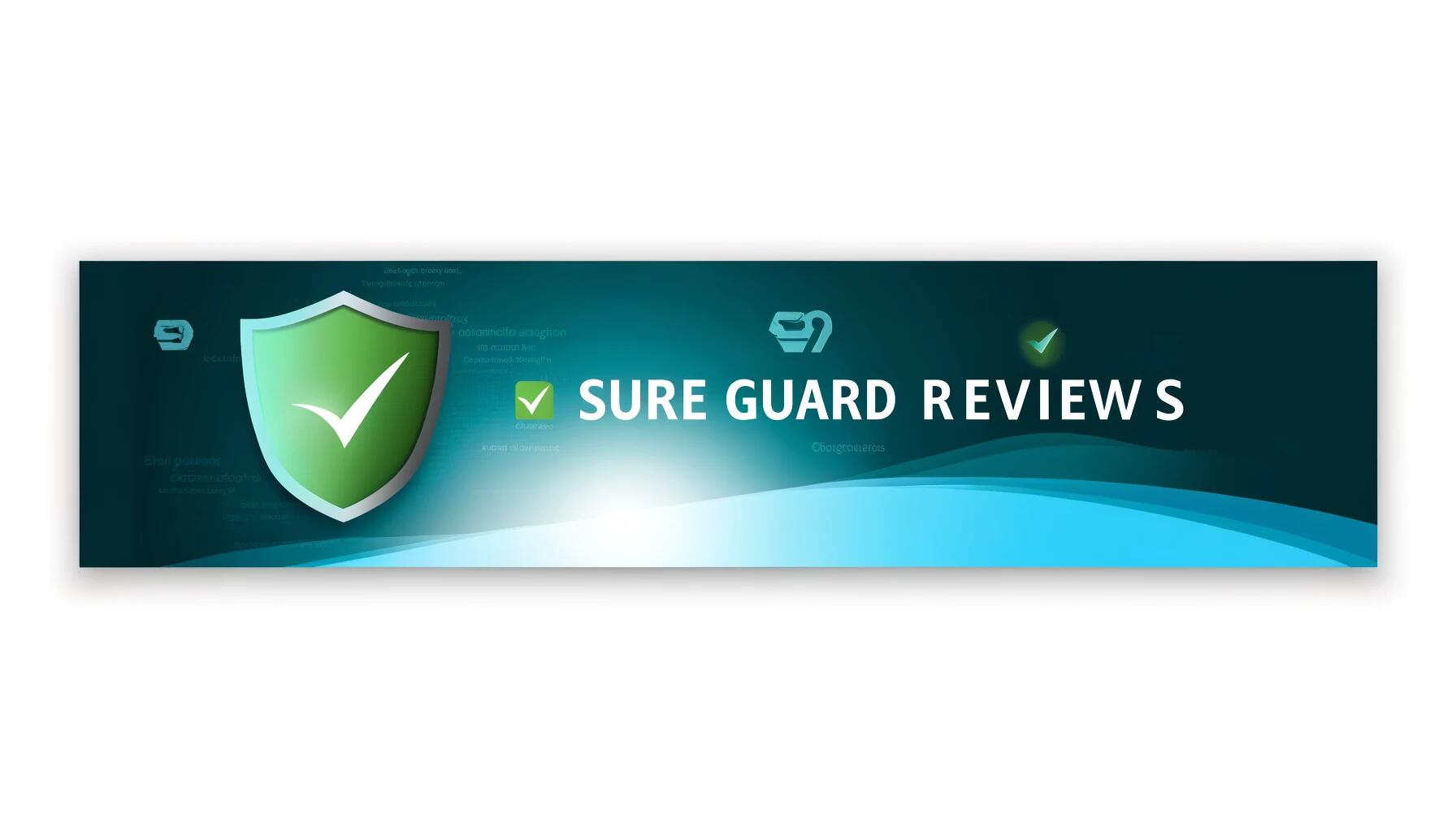Introduction
With the digital age in full swing, online reviews have become a cornerstone of customer engagement and reputation management for businesses. Positive reviews can propel a business toward success, while negative ones can significantly harm a brand’s image. Choosing the right review management software is crucial for businesses looking to monitor, respond to, and leverage customer reviews effectively. In this article, we will explore key factors you should consider when selecting the ideal review management platform for your business.
Understanding Review Management Software
Review management software tools are designed to help businesses collect, monitor, analyze, and respond to customer reviews from various online platforms. These solutions often integrate with websites, social media, and popular review sites to streamline the process of handling customer feedback. By using review management software, businesses can improve their online presence, enhance customer satisfaction, and ultimately drive sales.
Key Features to Look For
1. Integration Capabilities
A critical aspect to consider when selecting a review management tool is its ability to integrate with the platforms where your customers are most active. Whether it’s Google, Yelp, Facebook, or industry-specific review sites, the software should seamlessly aggregate reviews from various sources for easy monitoring and management.
2. Real-time Alerts and Notifications
The ability to receive real-time alerts for new reviews is essential for timely responses. Immediate notification allows your business to address customer feedback promptly, demonstrating your commitment to customer satisfaction.
3. Analytical Tools
Insightful analytics help identify trends and areas for improvement. The right software should provide detailed reports that analyze review sentiment, frequency, and other relevant metrics to inform your business strategies.
4. Response Management
Efficiently managing responses to reviews, both positive and negative, is vital for maintaining a positive online reputation. The software should offer templates and customization options to streamline the response process, ensuring consistency and professionalism across your replies.
Considerations for Selection
1. Scalability
Choose software that can grow with your business. As your company expands, you’ll want a review management system that can handle an increasing number of reviews across more platforms, without compromising performance.
2. Pricing
Pricing models for review management software vary widely, and it’s important to select a solution that offers a good balance of features and cost. Consider not only the initial investment but also any recurring fees for monthly or yearly service.
3. User Experience
The software should be intuitive and easy to use for team members of all technical skill levels. A streamlined, user-friendly interface will ensure efficient management of your review monitoring and response activities.
4. Security and Compliance
Given the sensitive nature of customer data, security features are non-negotiable. Ensure the software complies with relevant data protection regulations, such as GDPR for businesses operating in or serving customers in Europe.
Conclusion
Choosing the right review management software is a strategic decision that can significantly impact your business’s online reputation and customer engagement. By considering the integration capabilities, feature set, scalability, pricing, user experience, and security of potential solutions, you can select a platform that not only meets your current needs but also supports your business’s growth and success in the digital landscape.
